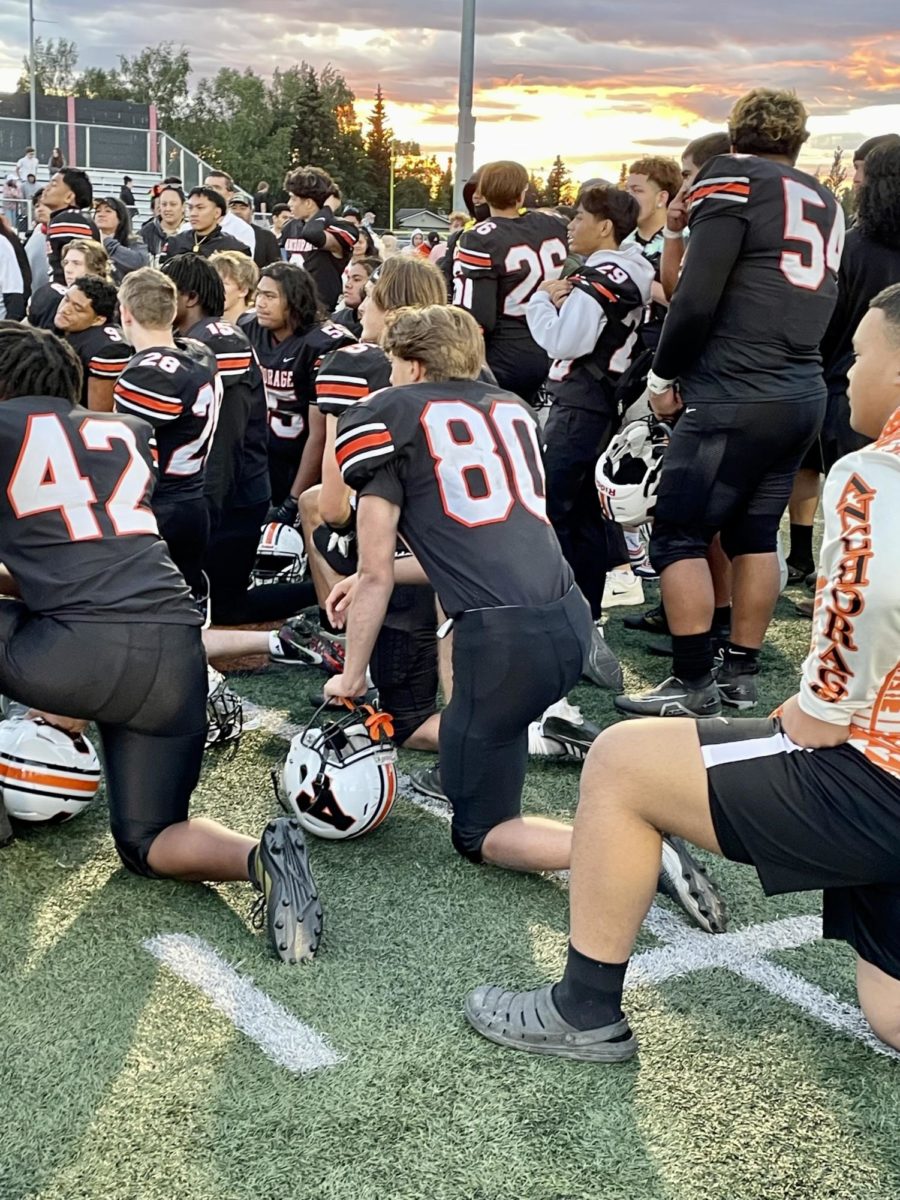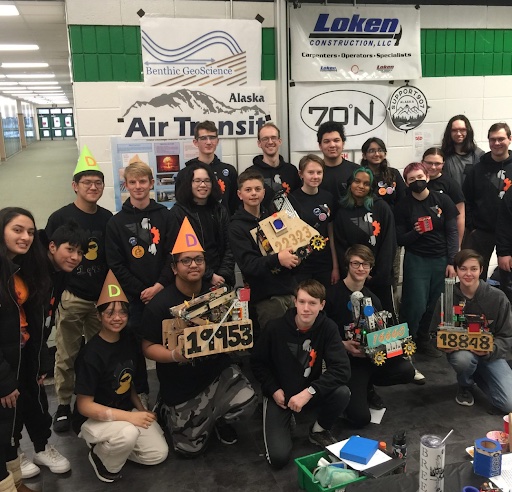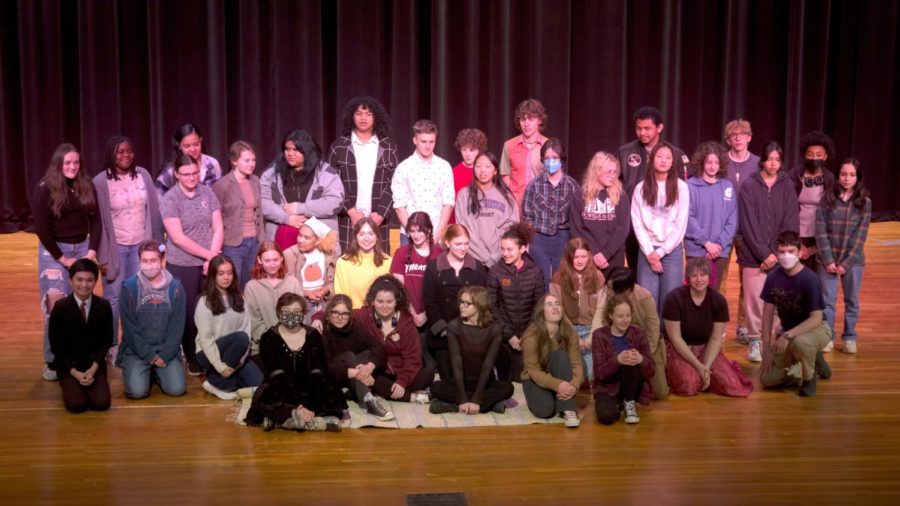Pressures of Being an Honors Student
October 20, 2015
At West there are many students who believe the pressures of being an honors student are real and out there; especially today, where colleges are stricter on how they accept students and the various standardized tests scores that are required.
Anastasia Erickson and Benito Guglani are two 16-year-old juniors who both take honors classes. They both take International Baccalaureate (IB) and Advanced Placement (AP) classes; however, they are not in the IB diploma program. “IB is a whole course curriculum and it really teaches a certain kind of depth analysis and emphasizes depth and understanding, also students are encouraged to study what they personally like… AP is, at least in the English course, is a little bit more driven on facts and more on timed analysis,” Temperance Tinker, an IB/AP English teacher, says.
Guglani has been taking honors classes since his sophomore year, while Erickson started as a freshman. They both started partly because they wanted to be challenged and partly because their parents expect them to do well in school. “I kind of wanted to challenge myself and my parents wanted me to challenge myself as well,” Guglani explains.
Erickson also believes that parents have a lot to do with the pressure students face, however, she thinks that other factors play into it as well. “Basically, since you enroll in school, you have people coming in and telling you how your future is going to look like and that you won’t be successful in life unless you take difficult classes because they make you look good,” Erickson says.
Many adults preach about how being in upper-level classes will boost the morale of a student and will help them get through college as well of the rest of their lives easier. Erickson expresses her views on whether or not being in higher-level classes will help people in the future. “As far as stress goes, I don’t think so because the stress of turning in your homework tomorrow is different than paying taxes to the end of the week,” she explains. “I think the pressure helps in the real world as far as learning how to be organized and to… know when things are due and you have to do things. So, with responsibility, yeah, but the real world is going to be different than school.”
Kelsey Ross is a freshman here at West who also is an honors student. She believes the pressures of being in honors comes from, “More advanced work and because it’s more time consuming. I think that the fact that a lot of teachers don’t round up and stuff like that creates a lot of stress on kids,” Ross says.
Ross expresses her beliefs on the differences of average and upper-level classes: “I think that regular classes go at a lot slower pace and in honors classes they expect you to learn at a higher level than the rest of your age group; or to come with prior knowledge instead of teaching it from the very beginning.”






